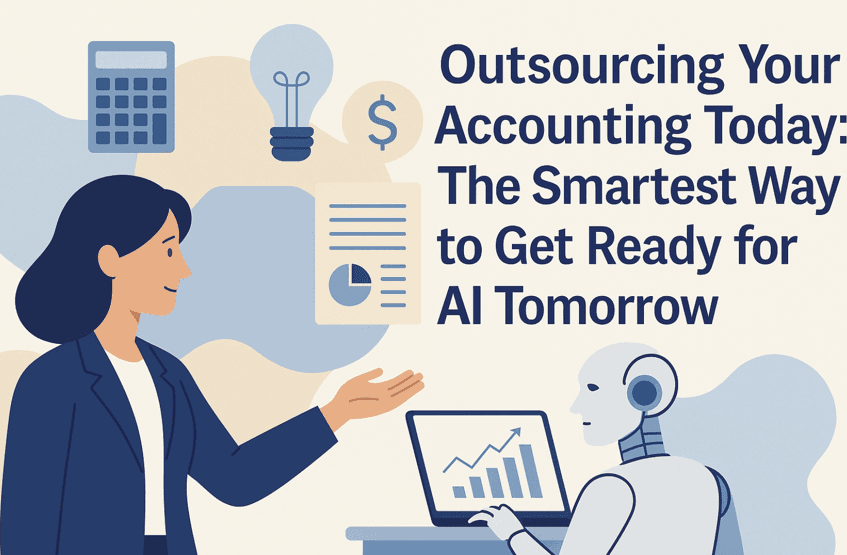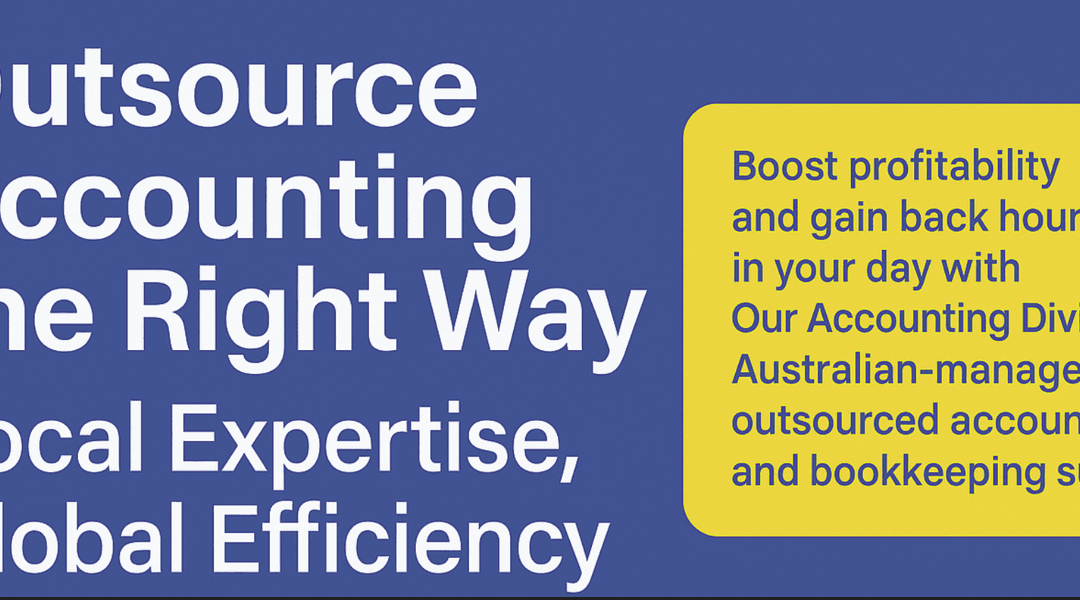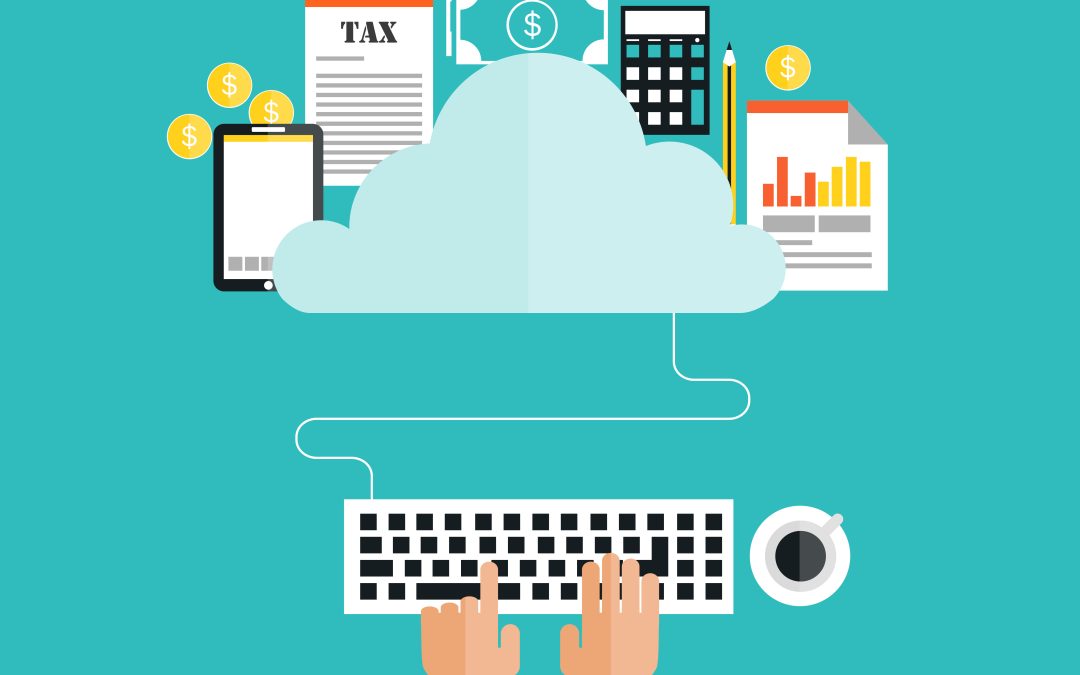Australian businesses are standing at a turning point. The rise of artificial intelligence is not a distant theory — it is already reshaping how companies manage core functions, especially in finance and accounting. But here’s the reality few business owners have fully grasped: to unlock the benefits of AI in accounting, you first need to master the art of outsourcing.
For years, outsourcing has been viewed primarily as a cost-cutting measure — shifting routine, labour-intensive accounting tasks offshore to achieve efficiency. That remains true. But the hidden value of outsourcing goes deeper: it teaches businesses how to delegate. This skill, often overlooked, is what separates the businesses that can integrate AI effectively from those that will stumble.
Delegation as the bridge to AI
Most Australian SMEs and mid-tier firms have accounting processes deeply embedded in their office-based teams. Payroll, reconciliations, tax compliance, reporting — all handled internally, with systems designed around staff proximity. This is comfortable, but it’s not scalable.
When a company begins outsourcing accounting, it forces a shift in mindset. Business owners and managers learn to document workflows, clarify responsibilities, and establish systems for accountability that don’t rely on walking down the corridor. Communication becomes structured, reporting becomes standardised, and processes become transparent.
In short, outsourcing teaches you how to build systems that run without you watching over them.
And that’s precisely the kind of structure you need if you plan to leverage AI in your finance function.
Why outsourcing prepares you for AI
Artificial intelligence isn’t a magic button. An AI tool doesn’t “replace” your bookkeeper or CFO, it needs to be integrated into existing workflows and directed by skilled operators. Without clean data, clear processes and delegated responsibilities, AI will deliver chaos, not clarity.
Outsourced accounting creates the perfect training ground for this. By learning how to entrust routine work — reconciliations, payables, compliance checks — to offshore accountants, businesses develop the systems discipline that allows AI agents to be slotted in seamlessly.
For example, once a business has outsourced reconciliations, it is only a small step to implement AI tools that scan transactions, flag anomalies, or generate real-time dashboards. When payroll is already managed remotely, layering in AI for award interpretation or compliance checks becomes almost effortless.
In both cases, outsourcing builds the bridge to AI adoption.
Futureproofing through process
Here is the uncomfortable truth: businesses that fail to make this transition now risk being left behind. Those who continue to run finance teams like it’s 2010 — entirely in-house, paper-heavy, and dependent on manual oversight — will face escalating costs and inefficiencies while their competitors accelerate.
By contrast, firms that take the outsourcing step today are not just saving money. They are building future-proof systems that make AI a natural extension of their accounting function. They will enjoy faster reporting, cleaner data, lower costs, and more agile decision-making.
The time to act is now
The message is clear. If your business is serious about being competitive in the next decade, you cannot delay. Outsourcing your accounting is no longer just about efficiency; it is about preparing your business to integrate AI, save money, and become more profitable in a technology-driven market.
At Our Accounting Division, we specialise in setting up these systems for Australian businesses. We help you delegate effectively, streamline your processes, and prepare your finance function to embrace the AI tools that will define the future of accounting.
Call us today — and let’s build a finance function that saves you money now, while ensuring you’re ready for the future.











